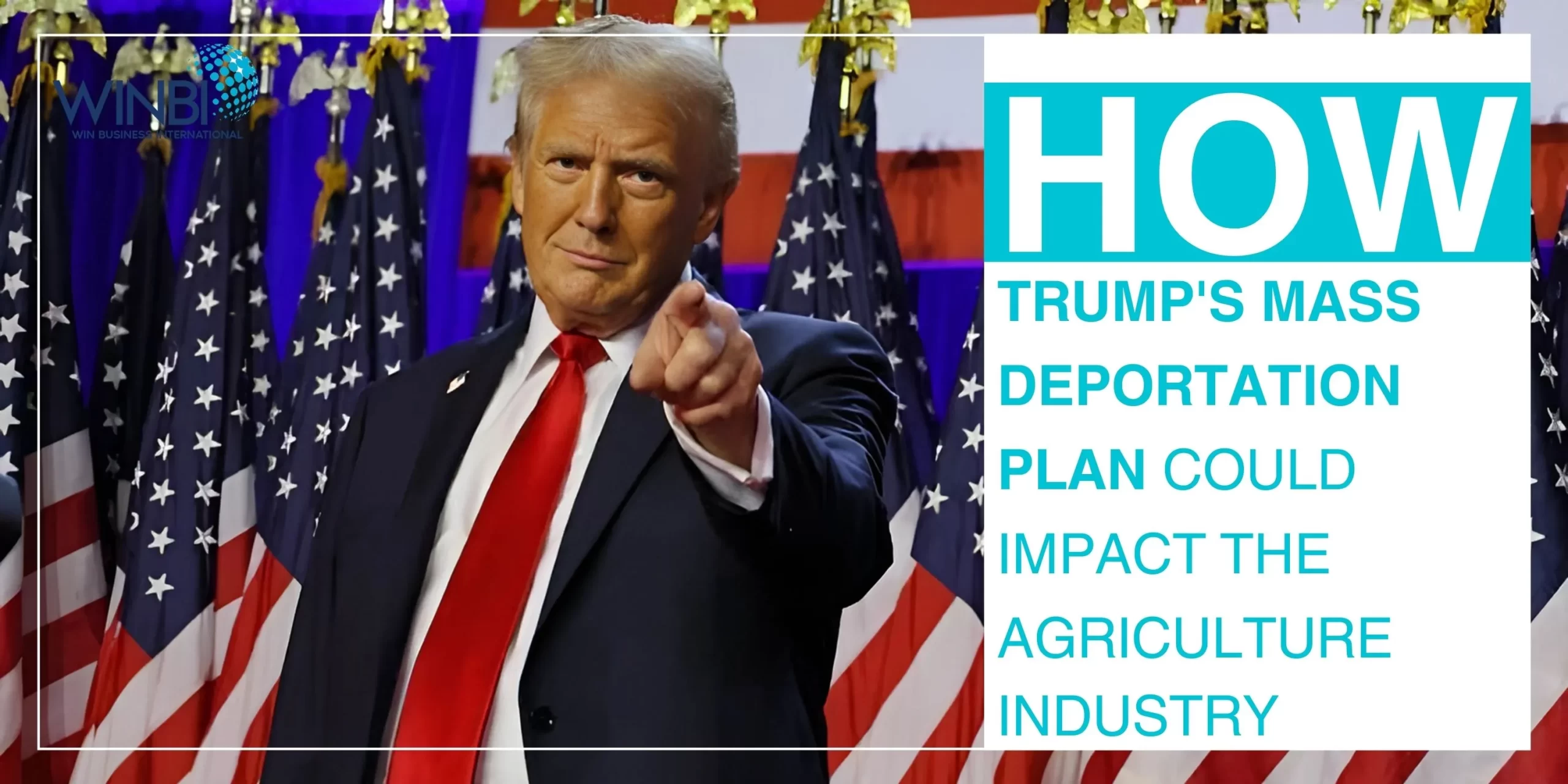The impact of mass deportations proposed under Donald Trump’s immigration policies is one of the most heated topics of debate in the United States today. One of the industries that could be most profoundly affected by these plans is agriculture. For years, undocumented workers have made up a significant portion of the labor force that keeps U.S. farms running—from picking fruits to milking cows and packing meat. But what happens when a large portion of this workforce is suddenly deported? The consequences are far-reaching, and they could potentially disrupt the entire food supply chain.
—> WATCH VIDEO NOW<—-
This article delves into how Trump’s mass deportation plan could impact agriculture, why undocumented workers are vital to the industry, and how legal labor solutions from companies like Winbi LLC can help mitigate these challenges. If you’re in the agriculture sector, this is an issue you can’t afford to ignore.
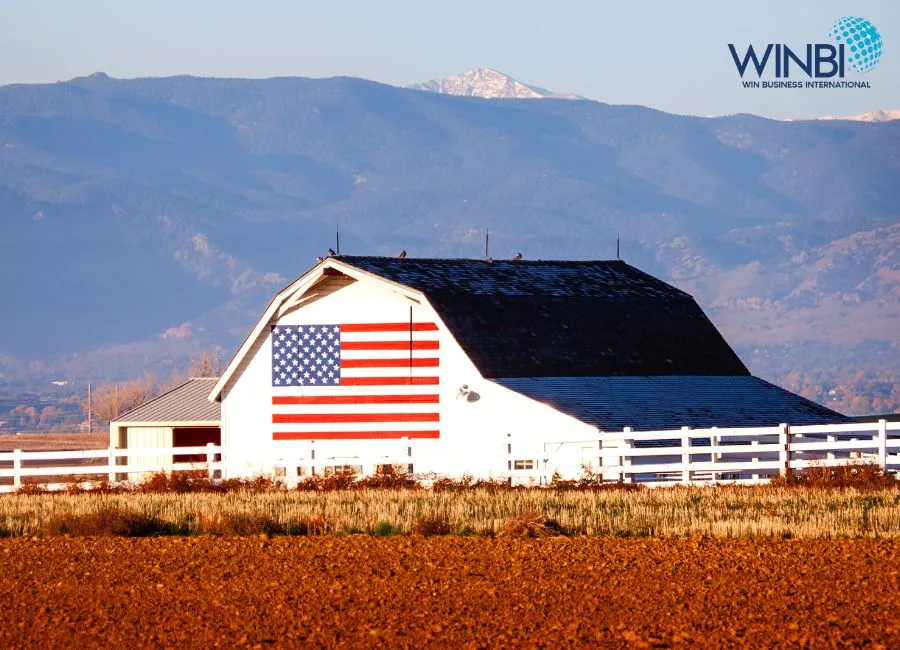
1. Understanding the Scope of Trump’s Mass Deportation Plan
The concept of mass deportations under Trump’s administration refers to a policy aimed at removing millions of undocumented immigrants currently residing in the U.S. These policies have been a central part of Trump’s political platform, emphasizing border security and strict immigration controls. While the policies focus on criminality and national security, the agricultural sector could be among the hardest hit by their implementation.
Farmers who rely heavily on migrant labor are particularly concerned about the immediate loss of workers. It’s not just about the deportation of a few individuals—it’s about removing a significant portion of the labor force that is essential for daily operations.

1.1 The Role of Undocumented Workers in U.S. Agriculture
Undocumented workers make up a substantial share of the workforce across various industries, but in agriculture, they represent an especially significant portion. From 2018 to 2020, studies suggest that up to 40% of farmworkers in the U.S. were undocumented. This statistic is staggering when you consider that these workers are responsible for tasks ranging from fruit picking to dairy farming to meatpacking.
If these workers are suddenly deported, farmers could find themselves scrambling for replacements—in terms of sheer numbers and skill. It’s not just about having enough people; it’s about having skilled workers who understand the job’s demands. As CBS News Money Tracker reporter Kelly O’Grady explained, this could lead to fewer crops, less dairy production, and even higher prices at the grocery store.
1.2 Industries Most Affected by Mass Deportations
Several agricultural sectors are highly dependent on undocumented workers. These include:
- Meatpacking: The meatpacking industry relies heavily on immigrant labor for slaughterhouse work, packaging, and logistics. A shortage of workers in this field would result in slower production, potentially leading to shortages and price hikes.
- Fruits and Vegetables: Picking fruit and harvesting vegetables are labor-intensive processes that often require flexibility in labor hours, which undocumented workers provide. If these workers are deported, it could lead to a massive loss in crop yield, especially in states like California.
- Dairy Farming: Like fruit picking, dairy farming requires round-the-clock animal care. Undocumented workers form the backbone of this sector, providing essential labor in milking and animal husbandry.
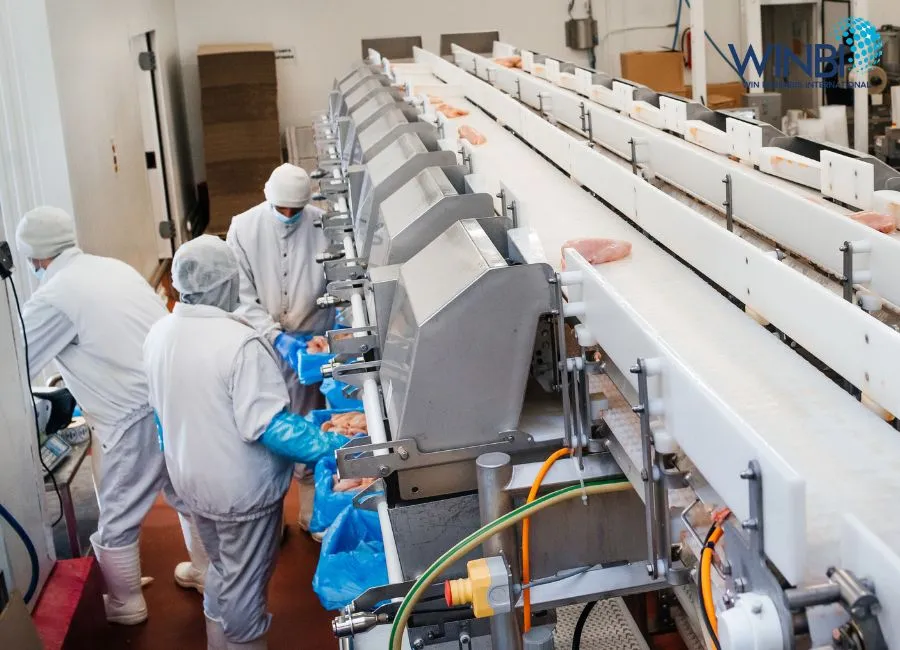
In essence, fewer workers mean less production and less production means a higher risk of food shortages and increasing costs for consumers.
1.3 The California Example: A State Heavily Dependent on Immigrant Labor
California, the largest agricultural producer in the United States, offers a clear example of how mass deportations could devastate the agriculture sector. With an economy based heavily on farming, the state relies on immigrant labor to sustain its industry.
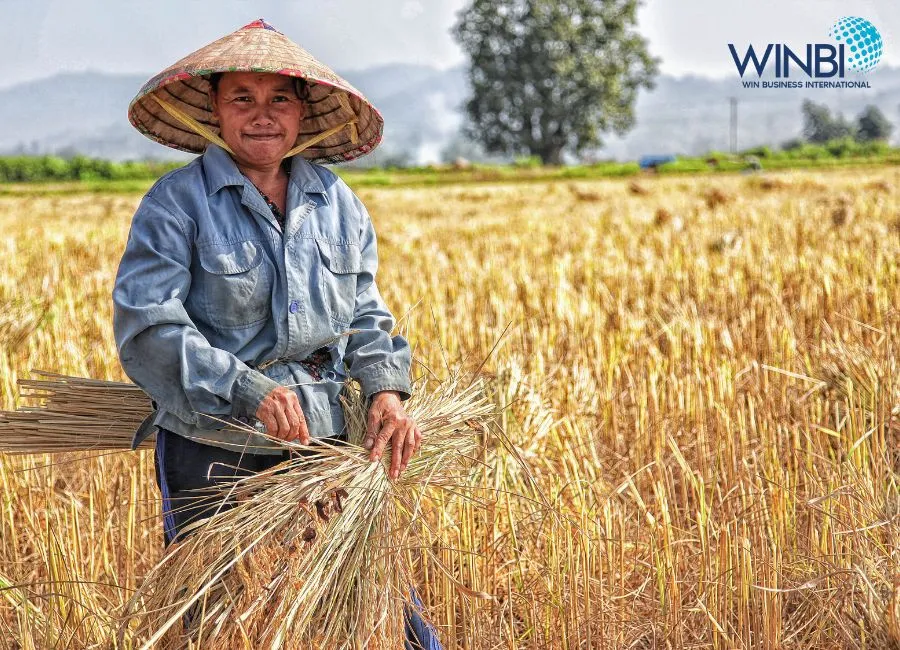
The minimum wage in California is currently $16 per hour, but undocumented workers often earn 10-20% less. If this workforce is removed, farmers will face the dilemma of either raising wages or watching their farms suffer. However, raising wages doesn’t guarantee an influx of workers, especially when the wages are already lower than what other industries offer.
Farmers might also encounter difficulty passing these wage increases onto consumers in the form of higher prices, as market conditions often dictate what can be charged for produce and meat. Consequently, the economic burden could be felt not only by farmers but by consumers as well.
1.4 Automation: A Necessity, Not a Choice
Given the looming threat of losing a significant portion of their workforce, many farmers are already turning to automation to ensure that their farms can continue to operate efficiently. Robotics and automated systems, such as robotic fruit pickers and autonomous trucks, are no longer just innovations; they’re becoming necessities for survival.
For instance, autonomous trucks are already being used to transport goods across long distances, while robotic systems can now pick certain types of fruit, albeit with varying levels of success. While these technologies are promising, they come with their own set of challenges, including high upfront costs, maintenance requirements, and a steep learning curve for implementation. More importantly, automation may not be a perfect solution for every agricultural need, particularly in areas that require a human touch or adaptability.
2. How Farmers Can Protect Their Businesses During These Uncertain Times
The question that most farmers are asking is, “How can we protect our businesses?” The risk of mass deportations looms large, but there are ways to safeguard your farm from the chaos that could follow. The key lies in securing a reliable labor source—one that’s not subject to deportation.
This is where Winbi LLC comes in.
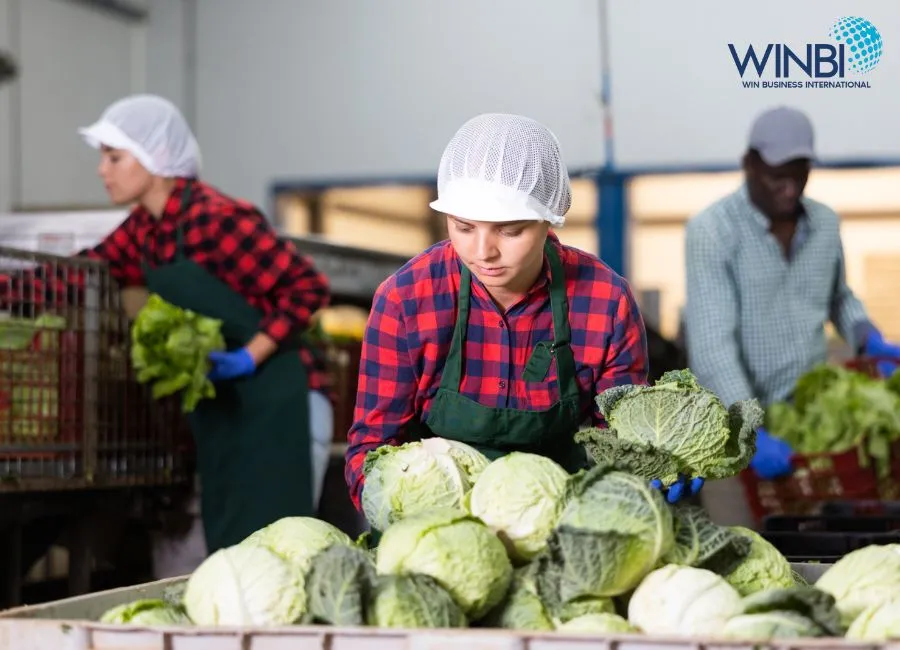
2.1 Winbi LLC: Legal Immigrant Labor Solutions for Agriculture
For farmers looking to secure legal, reliable labor that isn’t affected by Trump’s mass deportation plans, Winbi LLC offers a practical solution. Winbi LLC connects farms with high-quality, legal immigrant workers who are committed to staying in the country for at least three years.
Working with Winbi LLC means you no longer have to worry about the uncertainty of mass deportations. Their experienced team handles everything from recruitment to immigration paperwork, ensuring that workers are fully compliant with U.S. immigration laws. By partnering with Winbi, farmers can avoid the headache of legal compliance while securing a long-term labor source.
2.2 Winbi LLC: Ensuring Stability and Success for Your Farm
One of the primary benefits of working with Winbi LLC is stability. With a legal workforce, farmers can focus on growing their businesses without worrying about losing employees to sudden deportations. Winbi LLC’s comprehensive services ensure that all labor needs are met legally and effectively.

Winbi’s focus on creating long-term relationships with both farmers and workers means that the labor force will be available for multiple seasons, providing the consistency needed to maintain farm productivity. Furthermore, the workers provided by Winbi LLC are highly skilled and understand the nuances of farm work, ensuring that operations run smoothly year-round.
2.3 What to Expect When You Partner with Winbi LLC

By partnering with Winbi LLC, you can expect:
- Seamless Recruitment: Winbi LLC specializes in connecting farmers with qualified, legal workers, ensuring that your labor needs are met quickly and efficiently.
- Immigration Compliance: Winbi LLC handles all immigration paperwork, ensuring that your workers are legally eligible to work in the U.S. without any complications.
- Cost-Effective Solutions: With legal labor, farmers can avoid the costs associated with hiring temporary or seasonal undocumented workers, giving them peace of mind and long-term savings.
2.4 The Importance of Legal Labor in Uncertain Times
Legal labor is crucial during uncertain times like these. As policies surrounding immigration and deportation become more stringent, the importance of ensuring that your workforce is legally authorized to work cannot be overstated. By working with companies like Winbi LLC, farmers can secure their businesses’ future, avoid legal pitfalls, and maintain a consistent labor force.
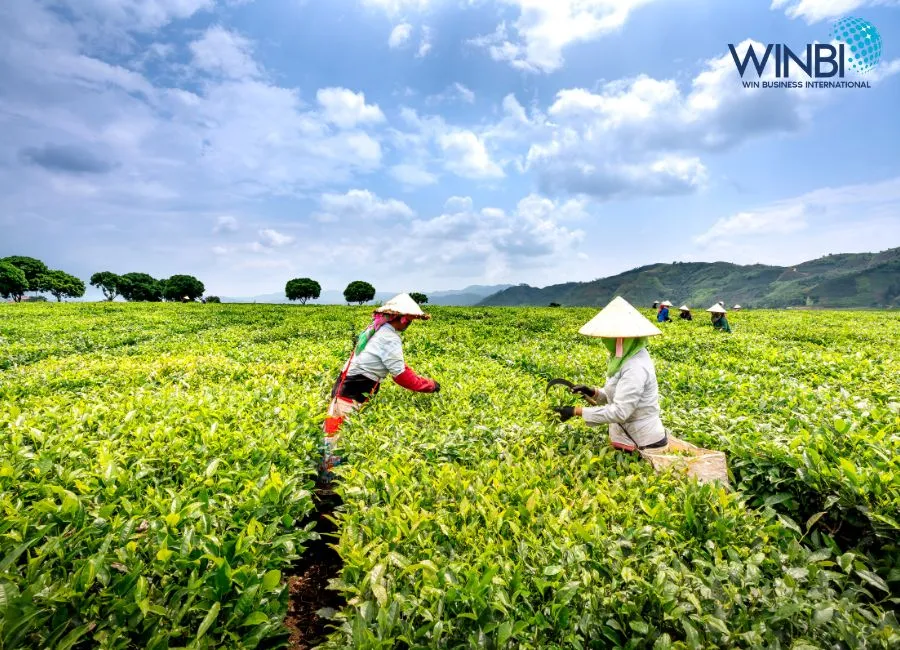
The potential impact of Trump’s mass deportation plan on the agriculture industry is not something that farmers can afford to ignore. A significant portion of the workforce in agriculture is undocumented, and the removal of these workers could lead to labor shortages, higher food prices, and disrupted supply chains.
By choosing legal labor solutions like Winbi LLC, farmers can secure a stable workforce, avoid the risk of deportation chaos, and maintain productivity. If you want to safeguard your farm’s future, working with Winbi LLC is a smart, proactive choice. Don’t wait for the uncertainty to impact your business—take action today and ensure your farm’s success for years to come.
